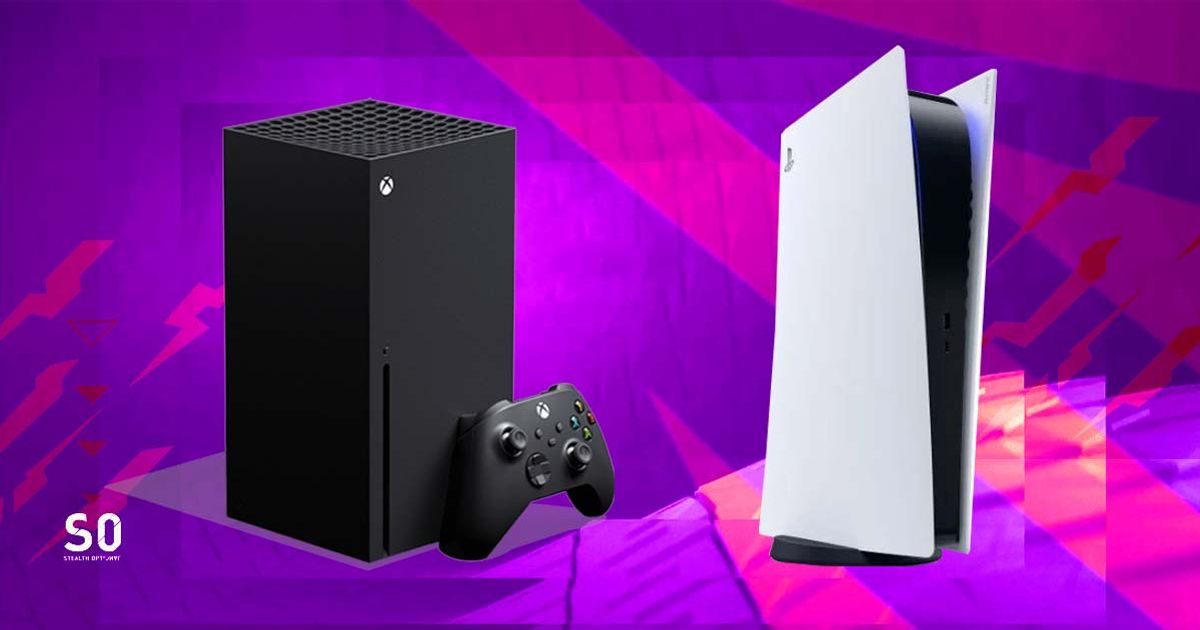Going by what little has been confirmed so far, the upcoming Xbox Series X is going to be considerably more powerful than Sony’s PS5.
We've performed a deep dive on the different consoles' capabilities now that the full specifications of both consoles have been revealed, and the differences are pretty significant!
READ MORE:Xbox Series S vs PS5 Digital Edition
It appears that Microsoft has placed power at the front of their requirements for next-gen, while Sony is more concerned with the speed of the PS5.
Continue below as we take you through all the details, separating fact from fiction.
Xbox Series X vs PS5 power
Since the PS5's rather peculiar tech specs event, it has been widely reported that Xbox Series X isn’t actually that much more powerful than the PS5, despite its superior hardware in this area.
Alongside a slew of details about the PS5's SSDs and 3D audio, we heard an awful lot about teraflops during the reveal event.
In short, a teraflop is a measurement of a computer’s performance, and the PS5 will feature just 10.28, while Xbox Series X will rock a superior 12 teraflops.
However, from what we've gathered, more teraflops will not guarantee a superior console for Microsoft. Here's why...
Read more: PS5 vs Xbox Series X backwards compatibility explained
It's not all about teraflops
In fact, many developers are claiming that the PS5 will ultimately end up with more raw computing power, after removing the audio workload from the CPU and GPU.
What's more is that Sony has been focusing on the speed of their device, guaranteeing that load times will be removed, with a 'Quick Resume' feature also being implemented.
All of this said, it will inevitably come down to the games being offered by the PS5 and Xbox Series X, as it always does.
Interestingly, regardless of the technical differences, we're hearing that big companies will Insomniac and Ubisoft may keep creating games in the current-gen-standard 30 FPS.
Read more: SSD Explained: Why it will change open-world games





